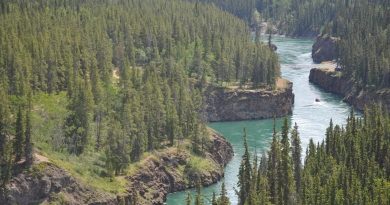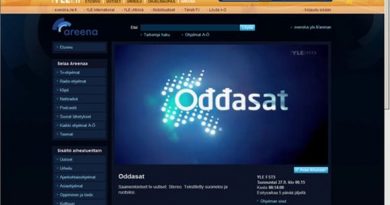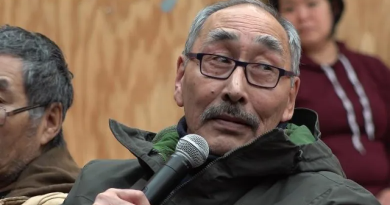Gathering in Fort Smith, N.W.T., ‘first step’ in longer journey toward healing
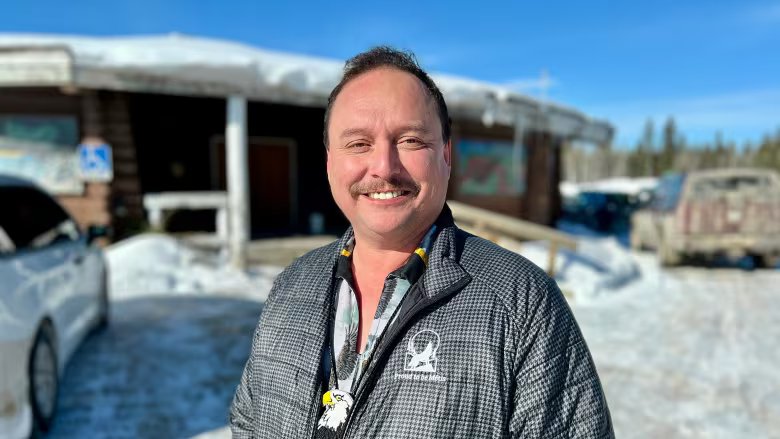
The Northwest Territory Métis Nation is holding a gathering in Fort Smith, N.W.T., this week. The Resting Near Big Waters Gathering is a journey of healing, remembrance, and honour.
The event is a part of a larger project that is expected to eventually include recordings of residential school survivors’ telling of their experiences. It may also include the use of ground-penetrating radar to help find potential unmarked graves at former residential schools in the N.W.T.
The gathering this week is being held at the Roaring Rapids Hall and continues until Thursday. Members are being invited to help inform the direction the project takes, and to share stories.
Garry Bailey, president of the Northwest Territory Métis Nation, said it’s important for the community’s healing.
This gathering is the beginning of the larger project. Bailey said they want to hear what the members have to say about how it should proceed.
That includes deciding how to approach a potential search using ground-penetrating radar, which can be an emotional subject for many.
“It’s the first step, there’s still a long way to go yet. But it takes, they say, 10 generations to heal. So I think it’s going to be a long process for sure,” he said.
It’s important to recognize the past trauma of people who suffered from residential schools, and to try to find ways to move forward with healing and wellness, Bailey said.
Bailey wants the project to reach the youth and help with their healing as well.
“I think our youth are lost right now. There’s a lot of drug problems going on,” he said.
“I think that respect of the past, of the hardship that our elders have lived, isn’t being recognized enough to move forward and better yourself.”
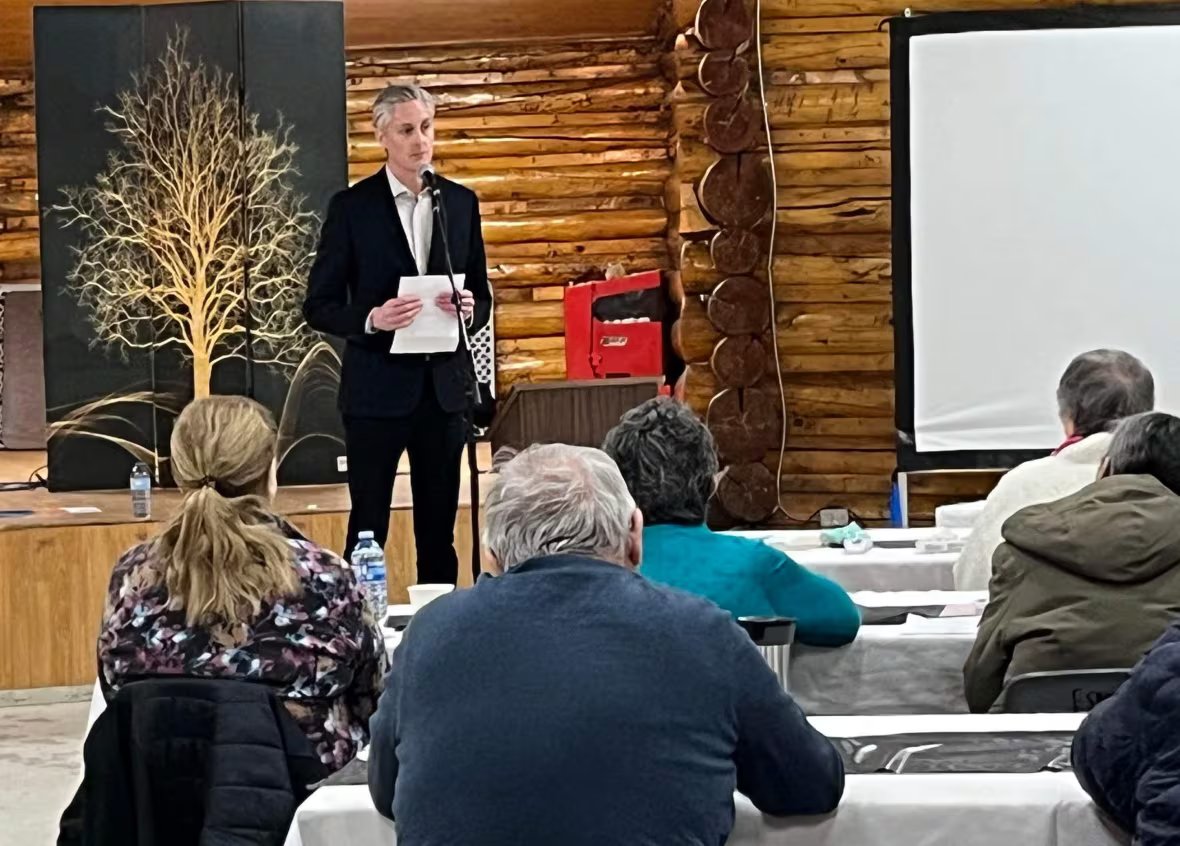
Bailey also hopes that the process and conclusion of the Resting Near Big Waters project will give some comfort to all the people who still live with trauma from residential schools.
“[I hope] that it gives them knowledge to move forward and say, ‘what happened was wrong … But I’m OK now, and we’re gonna move on, and try to better our lives for future generations,'” he said.
‘We know each other … but [also] we don’t’
Jake Heron is the chief negotiator for the Northwest Territory Métis Nation and a participant at this week’s event. He said it’s an important gathering to start a process that will hopefully bring the community back together.
“We know each other,” he said. “But [also] we don’t. We haven’t gotten into the Truth and Reconciliation aspect of it,” Heron said.
Heron said he appreciated the work the Métis Nation is doing to offer healing opportunities for the community so that members can move forward.
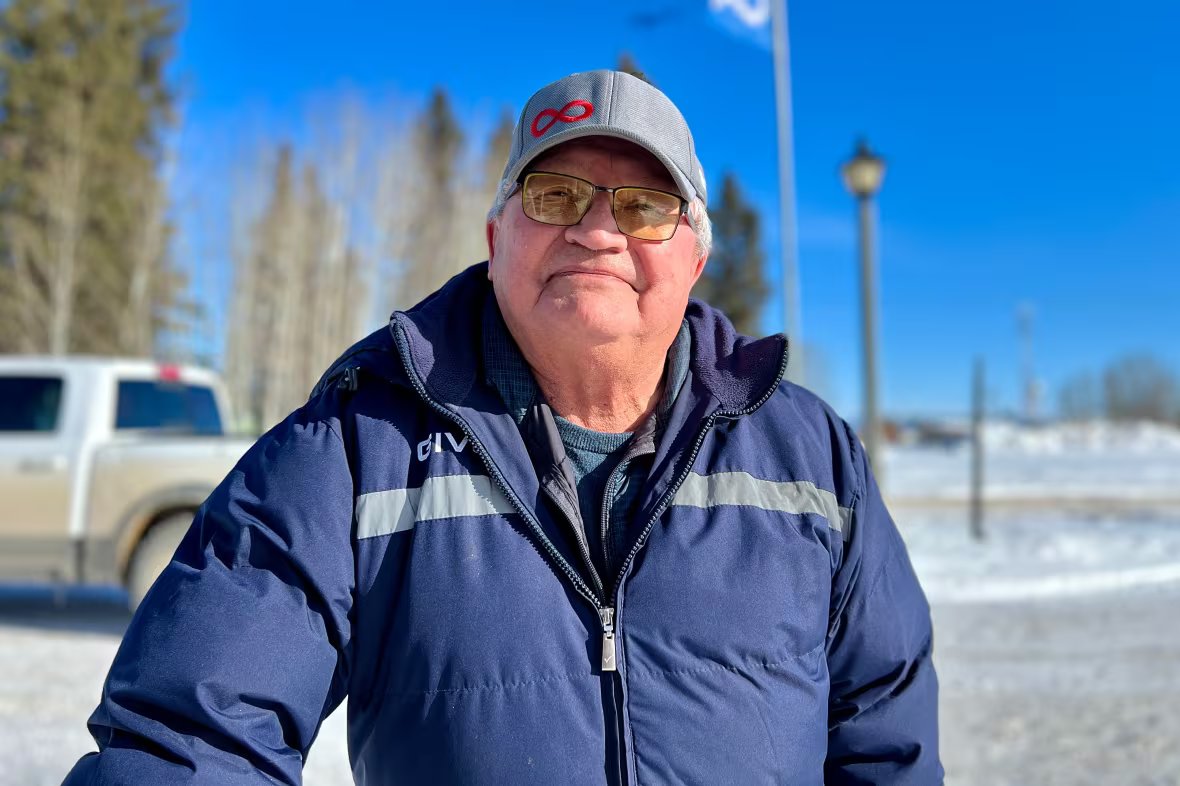
The event also had people from the Northwest Territory Métis Nation healing and wellness program on hand to step in if a participant needed support.
“We all talk about generational impact, it’s going to take some time. So I think it’s money well invested,” Heron said. “And it’s nice to see that we have our own people who are here helping and being available.”
Deneze Nakehk’o, who is facilitating the event, said it can be heavy work but also healing. He feels it’s work that needs to be done.
“This is what reconciliation looks like. And this is what reconciliation feels like. So there’s a bunch of courage that’s needed, but also an equal amount of care,” he said.
Nakehk’o said many people have been affected in one way or another by the residential school system, and this process is important for understanding and addressing a lot of the trauma associated with that experience.
“One of the impacts is just the uncertainty and the lack of closure. When it comes to those little ones that weren’t able to come home from residential school,” he said.
“Where are they? And what can we do about it? Should we search for them? Do we commemorate them? How do we honour the legacy of those little ones that didn’t come back?”
The event this week is a way to communicate that and find direction from the members, Nakehk’o said. He said he has a lot of respect for the members able to attend and share their experiences.
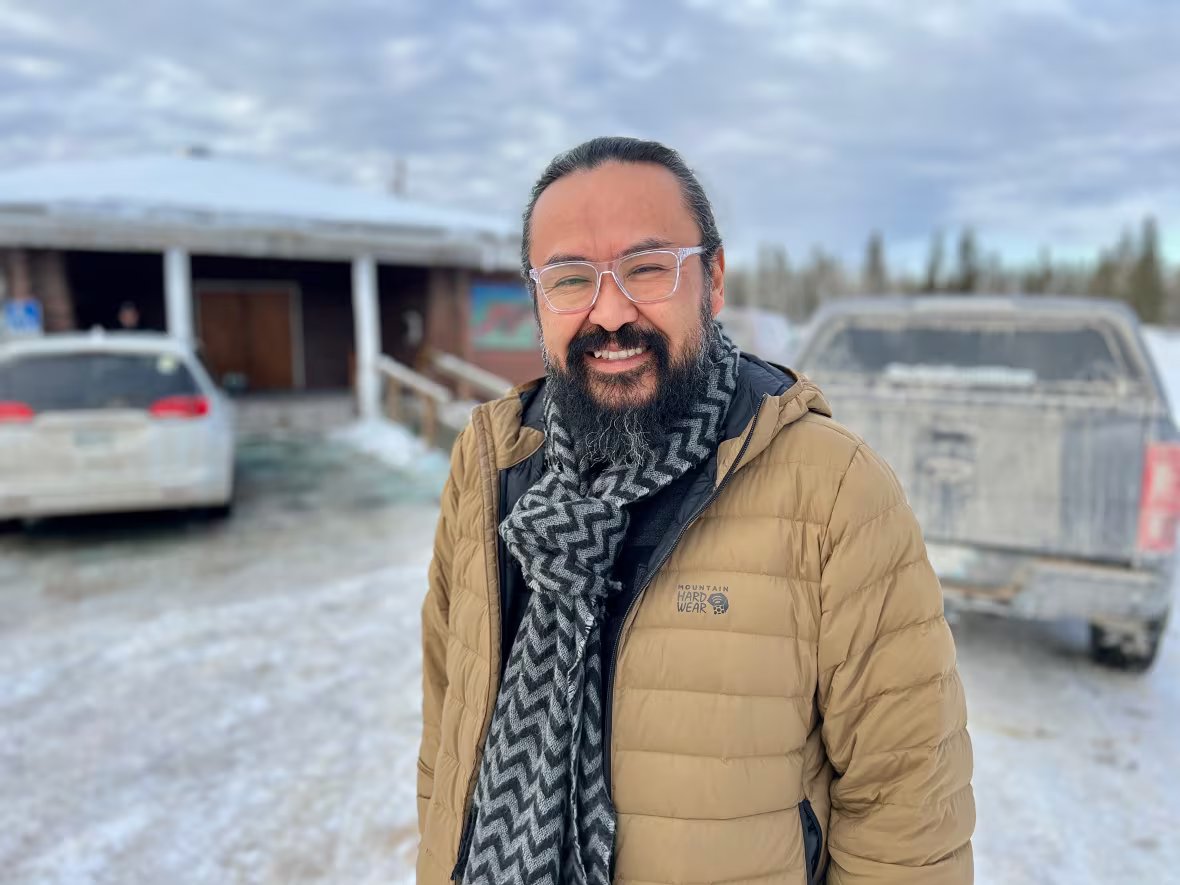
He also sees the drive members have to help young people better understand where they came from. One of the most damaging residual effects of residential schools, Nakehk’o said, is the silence.
“We have a couple of generations that have been living in the normalization of dysfunctional behaviour. And then people think it’s normal. But it’s not. And also, it’s not our fault,” he said.
Nakehk’o said this is an important opportunity to create a safe space where people can find the courage to share experiences that they have not faced in a long time but also to offer ways to heal and understand themselves.
Garry Bailey hopes that members will continue to come together for healing, and that people of all ages will find their own path to reconciliation.
“To move forward is to realize that we’re all residential survivors, whether you went to residential school or not,” he said. “It was passed on from generation to generation.”
Bailey said it’s going to be a long process but he believes in the work and in the process.
“It’s bringing people together, and getting them to talk about whatever they want to talk about — doesn’t necessarily have to be about their trauma,” he said.
“But getting people back together, so that they’re happy with one another again.”
Related stories from around the North:
Canada: “We still have a lot of healing to do with our fellow Canadians” – National Day for Truth and Reconciliation observed September 30, Eye on the Arctic
Finland: Sami Parliament in Finland agrees more time needed for Truth and Reconciliation Commission preparation, Eye on the Arctic
Greenland: Danish PM apologizes to Greenlanders taken to Denmark as children in 1950s, Eye on the Arctic
Norway: Can cross-border cooperation help decolonize Sami-language education, Eye on the Arctic
Sweden: New chairman appointed to Sweden’s Truth and Reconciliation Commission, Eye on the Arctic
United States: “This isn’t just about Native people, this is about America,” say truth commission advocates, Eye on the Arctic

